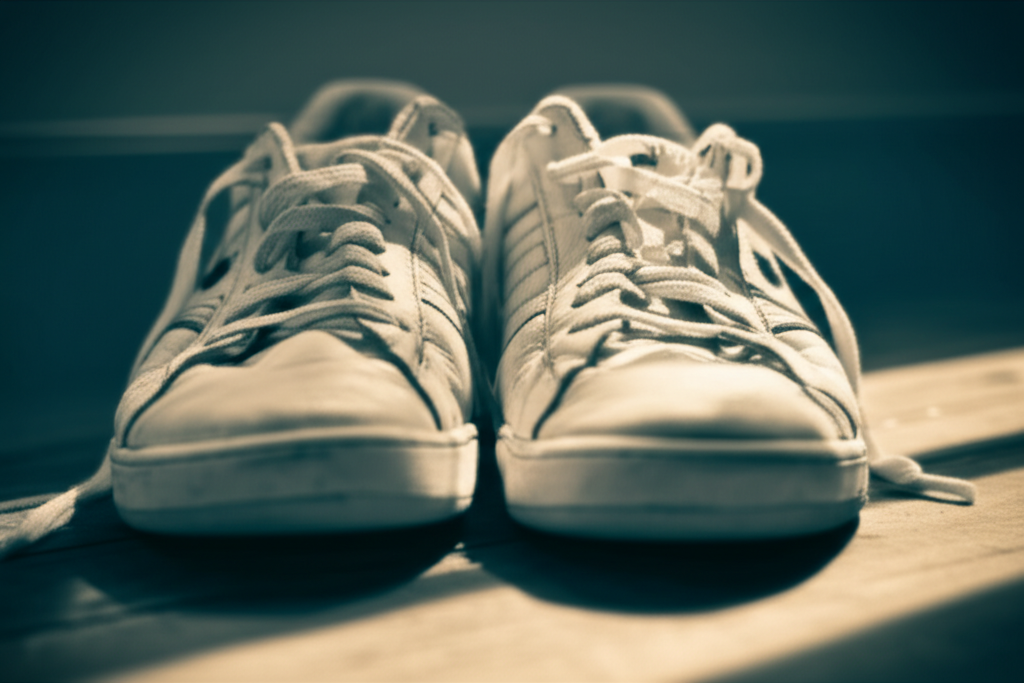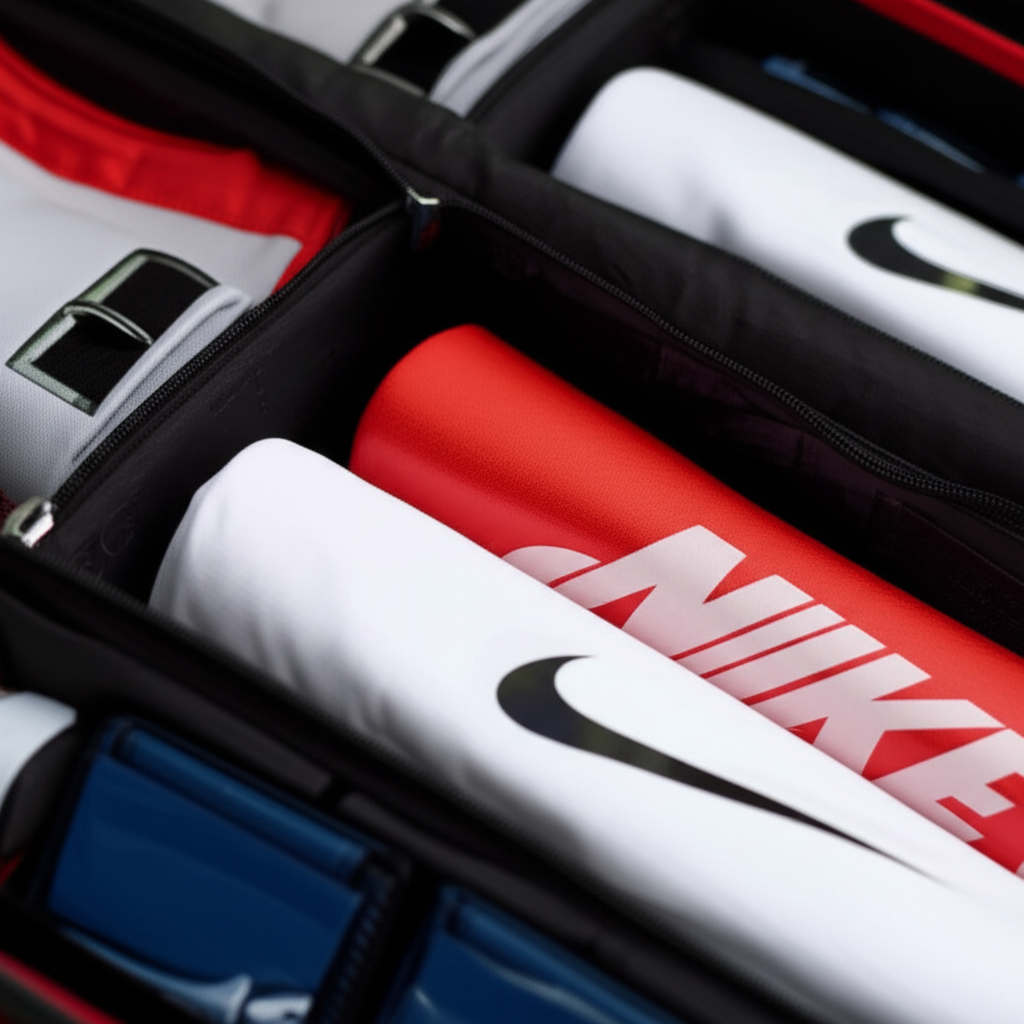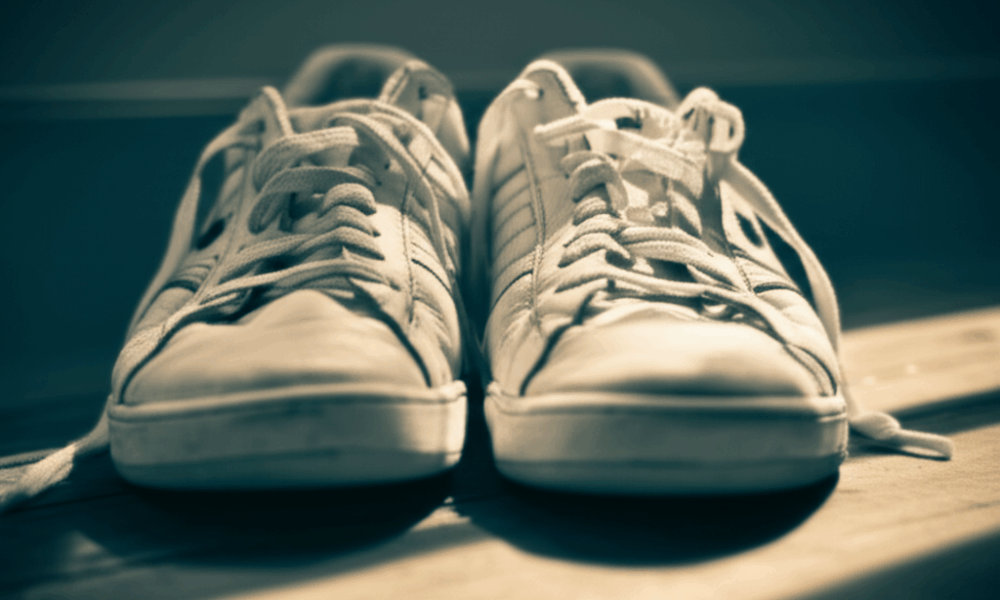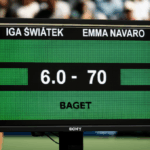A long-standing belief regarding Roger Federer’s monumental shift from Nike to Uniqlo in 2018 has been overturned by his agent, Tony Godsick, who recently revealed that Nike “kind of left him” rather than Federer choosing to depart the sportswear giant. This claim sheds new light on the tennis legend’s lucrative $300 million, 10-year deal with the Japanese apparel brand.
Federer’s move in 2018 stunned the sports world, as he had been synonymous with the Nike swoosh for 24 years, virtually his entire professional career. The narrative at the time largely suggested Federer had made a strategic power move for a better financial package as his Nike contract expired. However, Godsick’s revelation indicates a different sequence of events leading to one of the most significant endorsement changes in sports history.

The End of an Era: Nike’s Decision Not to Re-sign Federer
According to Tony Godsick, Roger Federer’s longtime agent, the decision for their 24-year partnership to end did not originate from Federer’s side. Godsick stated in a podcast that they “were trying to re-sign, and they (Nike) chose not to re-sign. He would have stayed.” This contradicts the widely held assumption that Federer actively pursued a new deal, highlighting that Nike ultimately decided against renewing the contract.
Godsick explained that he spent a full year, from 2017 until Federer’s 10-year Nike deal expired in February 2018, attempting to negotiate a new contract. Despite Federer’s continued success, including winning three Grand Slams in the year leading up to the contract’s expiration (the 2017 Australian Open and Wimbledon, and the 2018 Australian Open), Nike was reportedly hesitant to place a high value on a 36-year-old athlete who many believed was nearing retirement. Godsick acknowledged the difficulty for Nike in valuing an aging, albeit highly branded, athlete.
The Challenges Faced by Godsick
Godsick recounted feeling significant pressure and even despair as the contract deadline approached without a new deal from Nike. He admitted to thinking he would be remembered as the agent who failed to renew the greatest tennis player’s deal. Following Nike’s decision not to renew, Godsick explored the market, but found brands generally unreceptive. Some cited Federer’s existing strong association with Nike as a barrier, while others wanted to wait.

The Uniqlo Opportunity: A $300 Million Pivot
The turning point came with an unexpected connection outside the sports world. Godsick revealed that Vogue editor-in-chief Anna Wintour, a long-time friend of Federer, played a crucial role in securing the deal with Uniqlo. A breakfast meeting with Wintour led to an introduction to Uniqlo’s founder, Mr. Yanai.
The subsequent negotiations with Uniqlo culminated in a groundbreaking 10-year, $300 million deal. This contract was particularly remarkable because it included a clause guaranteeing Federer the full amount, irrespective of whether he continued to play professionally. This provided an unprecedented level of financial security for Federer in the later stages of his career and beyond.
Details of the Uniqlo Partnership
Federer debuted his Uniqlo apparel at Wimbledon in July 2018, marking a clear end to his on-court apparel partnership with Nike. Despite the switch in clothing, Federer continued to wear Nike footwear for a period, as Uniqlo does not manufacture tennis shoes.
One notable aspect of the transition was the fate of Federer’s iconic “RF” logo. Nike retained the trademark for the “RF” logo initially, leading to its absence from Federer’s Uniqlo apparel. Federer publicly stated his intention to regain the rights to his initials, which he eventually did.

Implications and Legacy
The revelation that Nike chose not to re-sign Federer adds a new layer to the story of his career and his business acumen. While the initial perception was that Federer sought a more lucrative deal, Godsick’s account suggests that Nike underestimated Federer’s enduring appeal and his potential for continued marketability, even as he approached the end of his playing days.
The Uniqlo deal, secured after Nike’s departure, proved to be incredibly successful, laying a significant foundation for Federer’s post-playing career and contributing to his status as a billionaire athlete. This shift also opened doors for Federer to invest in other ventures, notably Swiss running shoe company On, further expanding his influence in the sportswear market. The situation serves as a powerful example of how an athlete’s brand value can extend far beyond their active playing years, a factor that Godsick clearly articulated to Uniqlo’s founder.








No Comment! Be the first one.